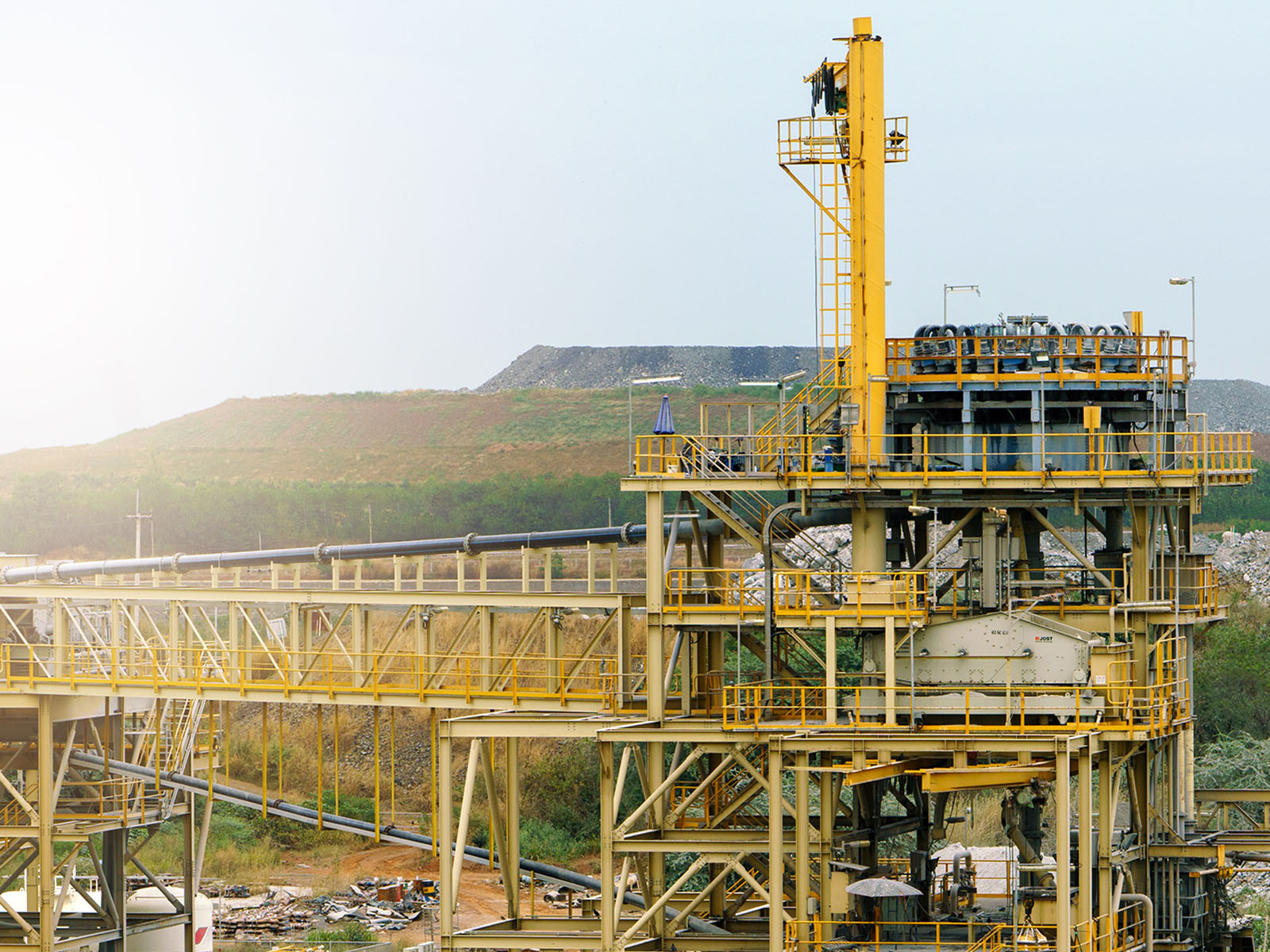The mineral processing industry is reliant on process stability, especially when managing extraction and different types of slurries. The slurries treated in these processies can often lead to scaling, which can significantly lower process efficiency and, in the worst cases, even stop production all together.
The mineral industry is becoming increasingly important due to electrification and the rising demand for minerals used in batteries. This makes optimal process efficiency even more crucial.
As the industry evolves and the demand for its products grows, so too must the technologies and processes used to maintain efficiency and sustainability. Read on to learn more about scaling issues in the mineral processing industry, different solutions used to address the problem, and why Altum’s ZPD (Zero Process Downtime) is the ultimate solution to keep operations running at top performance.
The Challenges of Scaling and Fouling in Mineral Processing
Mineral processing often entails dealing with crystals and crystallization. Crystals can adhere to surfaces, reducing overall efficiency. Severe buildup can limit equipment capacity and even force the whole process to be shut down. Scaling can also disturb the formation of the desired crystals, not allowing the crystallizer to work up to its full potential.
In addition to crystallizers, pipes are also a crucial part of mineral processing. Scaling in pipes is very common but also very detrimental to process efficiency. When pipe surfaces are covered in buildup and the inner diameter grows smaller, more energy is needed to push liquids through. This leads to decreased flow rates and unplanned downtime, as the pipe is no longer able to function as intended.
These issues in essential equipment increase energy consumption and CO2 emissions while lowering the overall output and quality.
Traditional Solutions vs. Modern Approaches
It is clear that scaling issues need to be addressed in one way or the other. One traditional method of removing or preventing scaling is mechanical cleaning, which requires the process to be shut down: countless amounts of end product are lost across industries due to unnecessary downtime.
On the other hand, using scaling-prevention chemicals is often not possible in mineral processing due to the disturbances it can cause to the chemistry of the process, which can lower recovery rates. Additionally, these chemicals are often very toxic and significant risks to both the environment and human health.
Fortunately, Altum’s ZPD ultrasound transcends the boundaries of traditional methods and enables constant production without chemicals.
ZPD Ultrasound Technology for Mineral Processing
Altum’s patented ZPD ultrasound utilizes the properties of power ultrasound to efficiently remove and prevent scaling. Our cutting-edge solution operates through externally applied ultrasonic transducers on the equipment, which we can monitor remotely via our advanced software. The high-power ultrasound can be controlled so that the effect reaches where its needed.
By keeping equipment clean without chemicals and without process downtime Altum’s solution maintains optimal efficiency and extends equipment life by lowering strain. It also improves product quality and quantity, when the process can work as intended without stops. Our solution also improves sustainability by lowering energy consumption and chemical usage.
By preventing fouling in a nickel sulfate crystallizer, Altum’s technology solved scaling issues, which previously required frequent shutdowns for cleaning and caused substantial production losses. After installing Altum’s ultrasound solution for fouling prevention, the production cycle was doubled from 5 to 10 days, reducing maintenance stops and increasing annual production by more 1100 tons per year. The benefits extended beyond increased output and profit, encompassing reduced maintenance costs, lower energy consumption, and improved product quality.
We also have multiple cases where we have removed or prevented fouling in pipes to drastically improve flow rates. In one of our pipe cases, we removed sulfur fouling from pipes, which led to a 100% increase in circulation flow.
The Future of Mineral Processing
Ongoing innovation is essential to keep the mineral industry running at optimal efficiency to meet the growing demand for minerals, and achieve sustainability goals. That’s why technologies like Altum’s ultrasound are crucial for the future of mineral processing, as well as for many other industries.
By ensuring clean equipment and thus, optimal performance, we can improve end product quantity and quality, while lowering environmental impact. The future of mineral processing is here – are you ready to ride the (ultrasonic) wave?
Contact us to find out how we can help you improve your process.
Don’t forget to follow us on LinkedIn to stay tuned for our upcoming insights.

